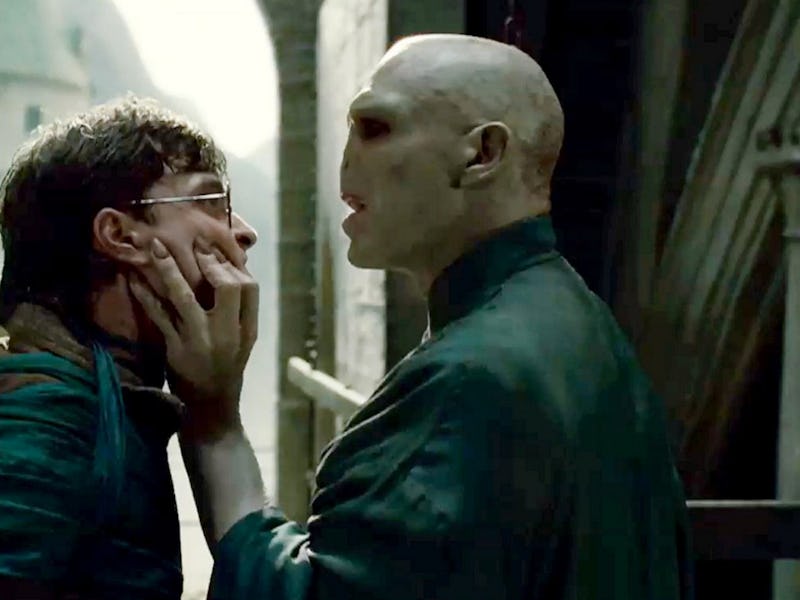Is it a coincidence that all eight Harry Potter movies are being re-released at IMAX theaters just as the American election is heating up? This deluge of Harry Potter — part of the promotional lead-up to Fantastic Beasts and Where to Find Them — could very well pull some votes for Hillary Clinton this election, new research from the University of Pennsylvania argues.
Americans who have read the Harry Potter books are less favorable to Donald Trump, a study entitled “Harry Potter and the Deathly Donald?” by political science and communications professor Diana Mutz, Ph.D., asserts. She surveyed 1,142 Americans in 2014 and 2016 about their Harry Potter consumption as well as their attitudes on topics such as Trump, the death penalty, and the treatments of Muslims and the LGBTQ community in the United States. She found that political party affiliation didn’t affect who had read about the boy wizard, as Democrats, Republicans, and independents had all read the series in equal numbers. But she did find that for every Harry Potter book a person read, their estimation of Trump dropped by about three points on a 100-point scale. So, if a person read the whole series, their estimation of Trump dropped, on average, by 18 points, which may seem like a small impact but actually means a lot in an election where both candidates are polling so closely.
When it comes down to it, Harry Potter fans couldn’t deny that Trump is less Potter and more Lord Voldemort. Mutz’s results stayed the same regardless of gender, education level, age, evangelical self-identification, and political party. “Because Trump’s political views are widely viewed as opposed to the values espoused in the Harry Potter series,” she writes in her paper, “exposure to the Potter series may play an influential role in influencing how Americans respond to Donald Trump.”
Mutz noted three core themes of the Harry Potter books that readers felt were in opposition to the values of the Trump campaign: A value of tolerance and respect for difference, an opposition to violence and punitiveness, and an opposition to authoritarianism.
To be clear, the results weren’t as strong for those who had only seen the movies compared to those who had read the books. Mutz notes that this may come down to the fact that Republicans were less likely to have seen the movies than Democrats, and reading the books allow for people to understand the more nuanced messages of the story. But rewatching the films on IMAX could very well be the ticket to get on-the-edge voters to go one way or the other. As Mutz writes, it may simply be too difficult for people to “ignore the similarities between Trump and the power-hungry Voldemort.”
